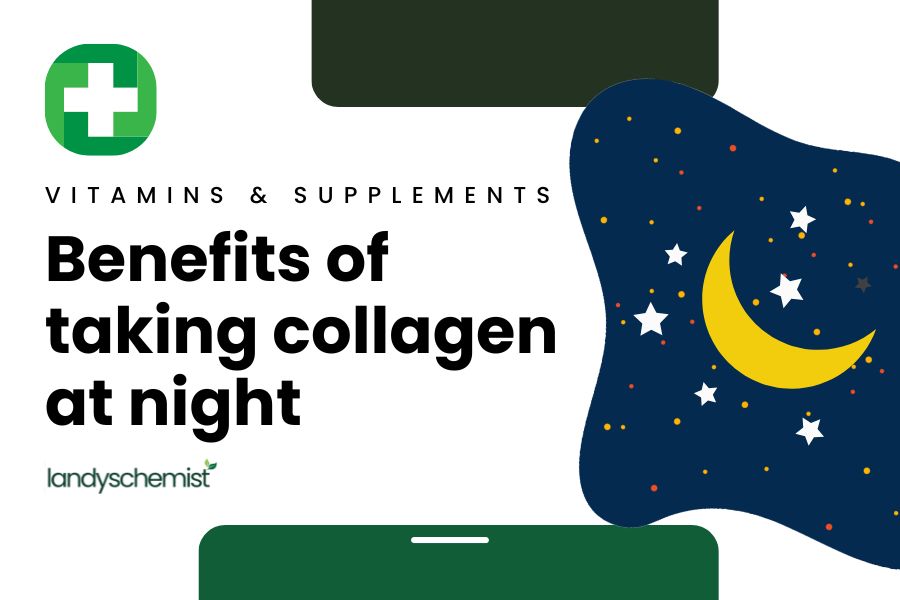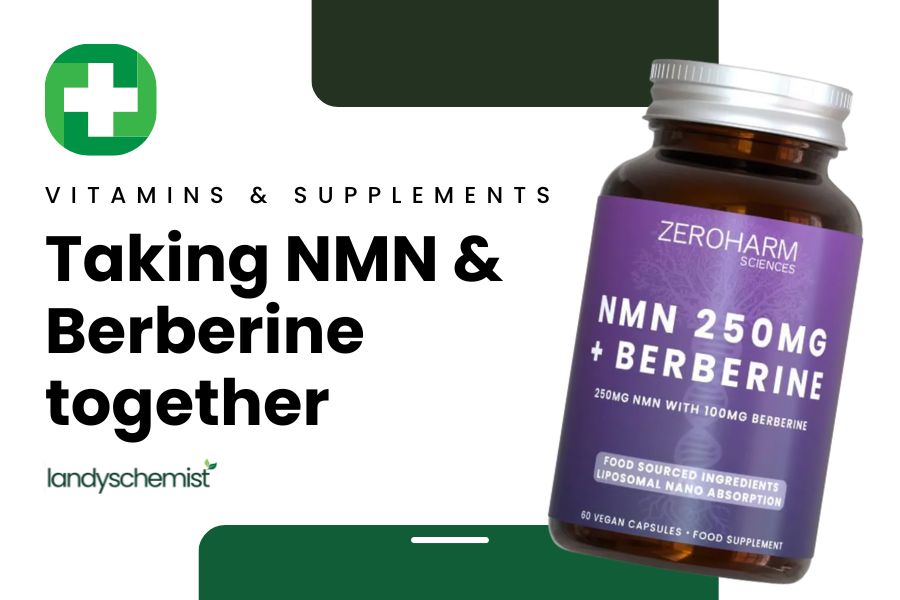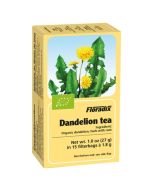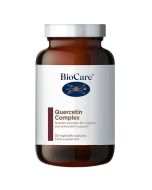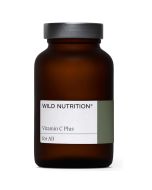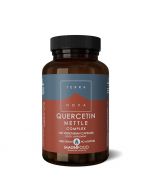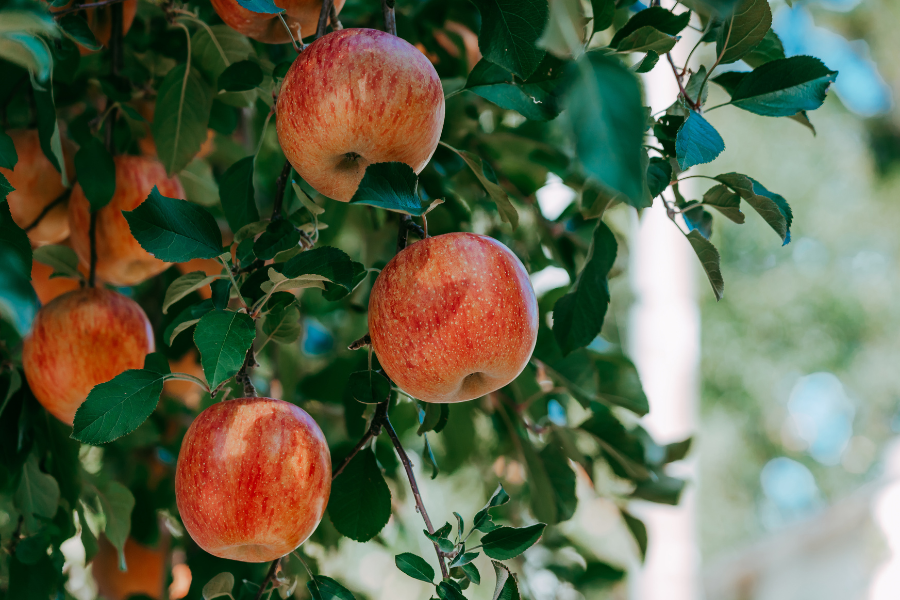
How teas, apples, and berries could starve off age-related memory loss
Age-related memory loss
Age-related memory loss, often referred to as age-related cognitive decline, is a natural part of the aging process. As people grow older, they may notice subtle changes in their ability to remember and recall information. This type of memory loss is typically characterised by difficulties in retrieving names, recalling recent events, or multitasking. While it is common to experience occasional memory lapses, such as misplacing keys or forgetting appointments, age-related memory loss does not typically interfere significantly with daily functioning. It is important to distinguish age-related memory loss from more severe forms of cognitive impairment, such as dementia or Alzheimer's disease, which may exhibit more profound and persistent memory deficits.
Despite the challenges, adopting a healthy lifestyle and diet, engaging in physical activities, and maintaining social connections can help mitigate age-related memory decline and promote overall cognitive well-being.
Can flavanols reduce cognitive decline?
Flavanols, a type of natural compound found in certain foods like fruits and vegetables, have gained attention for their potential cognitive benefits, including the prevention of memory loss associated with aging. Research suggests that consuming flavanol-rich foods like tea, apples, and berries may help improve memory and cognitive function in older adults.
Research
A recent study published in the Proceedings of the National Academy of Sciences suggests that individuals who include flavanol-rich foods like tea, apples, and berries in their diet may have a lower risk of age-related memory loss.
The study was conducted over three years and involving 3,562 participants around the age of 71. The results found that those with higher regular flavanol consumption showed better memory function in the hippocampus, which is responsible for short-term memory, compared to those with lower intake.
The researchers proposed that a daily supplement of 500mg of flavanols could potentially reverse the negative effects of low flavanol intake on memory function in older adults.
However, it's worth noting that the study indicated flavanol supplements were effective only for individuals with a flavanol deficiency, as most older adults in the UK already consume sufficient amounts of flavanols through tea, apples, and berries.
Professor Scott Small, the lead scientist from Columbia University, emphasised that this study adds to the growing body of evidence highlighting the importance of specific nutrients in supporting cognitive health as we age.
Flavanol supplementation
The researchers observed that while memory scores improved slightly for the group that took the flavanol pill, there was a subgroup within that group consisting of individuals who initially had a poor diet and low flavanol consumption. Surprisingly, this subgroup experienced an average increase of 10.5% in their memory scores compared to the placebo group, and a 16% increase compared to their initial scores.
Professor Aedin Cassidy, who specialises in nutrition and preventative medicine at Queen's University Belfast, highlighted the significance of this study. He noted that the required dose for enhancing brain health was easily attainable through everyday food choices. For instance, consuming a mug of tea, six squares of dark chocolate, along with a few servings of berries and apples would provide approximately 500mg of flavanols, the desired amount for potential benefits.
Additional Research
There is a solid amount of research supporting the links between flavanols and age-related cognitive decline.
For example, research into the effect of flavanol consumption on cognitive performance in cognitively intact elderly subjects conducted by Mastroiacovo D et al. provides evidence supporting the claims of a link between flavanols and memory. The study specifically focused on the effects of consuming flavanol-rich cocoa on memory and neurogenesis in the hippocampus.
The researchers found that individuals who consumed flavanol-rich cocoa showed improvements in memory function compared to those who did not consume it. This suggests that the flavanols present in cocoa have a positive impact on memory.
Furthermore, the study explored the effects of flavanol consumption on neurogenesis in the hippocampus. Neurogenesis refers to the generation of new neurons, which is important for memory formation and cognitive function. The researchers discovered that flavanol-rich cocoa consumption increased neurogenesis in the hippocampus, indicating a potential mechanism through which flavanols can enhance memory.
Summary
These studies have shown promising results, indicating that regular flavanol intake may help improve memory, cognitive function, and reduce the risk of age-related cognitive decline. Research has explored various aspects, including the effects of flavanols on memory, neurogenesis, and overall cognitive health. While further research is still needed to fully understand the mechanisms and long-term effects, the existing body of evidence suggests a positive association between flavanols and age-related cognitive decline.


